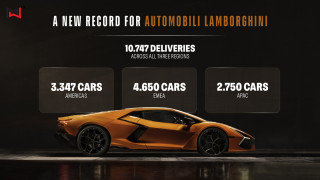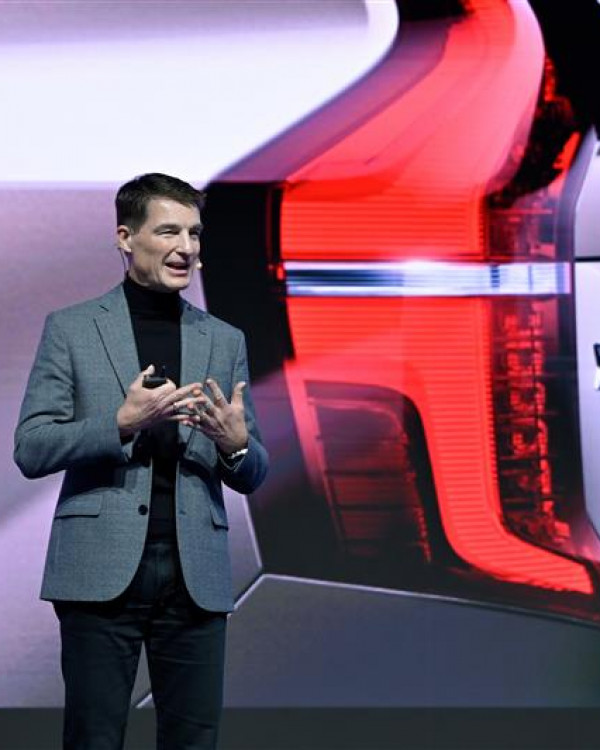
Formula 1 stands as the pinnacle of motorsport, renowned for its high-speed races, cutting-edge technology, and a legacy dating back over seven decades. Formula 1 races are distinguished by their unique combination of engineering prowess, strategic forethought, and driving aptitude. The hybrid power units of Formula 1 cars make use of energy recovery technologies, the cars' aerodynamics have been fine-tuned, and the tyre's grip on the track is unparalleled. Formula 1 is a breeding ground for innovation since its technological breakthroughs frequently impact the wider automobile industry.
Formula 1 is more than just a technological spectacle; it brings together individuals from all walks of life and every corner of the globe. Formula 1 races are held all over the world, from the storied streets of Monaco to the state-of-the-art Yas Marina Circuit in Abu Dhabi. Fans of this sport are among the most devoted and enthusiastic in the world, helping to make it a global phenomenon. For many, Formula 1 is more than just a racing competition; the on-track drama, the strategic skirmishes in the pit lane, and the drivers' backstories all contribute to the sport's enduring appeal.
Formula 1 has gained an enormous fan base because to its exciting races, innovative technology, and long history that dates back to 1950. Here are 5 interesting F1 facts that show off the sport's enthusiasm and complexity.
1. The Birth of F1
European Grand Prix Motor Racing of the 1920s and 1930s served as the inspiration for modern Formula 1. However, Silverstone Circuit in the United Kingdom didn't host the first Formula 1 World Championship until 1950. There have been many rule adjustments and technical breakthroughs made to the championship since its inception. Millions of spectators and the sport's top drivers and teams travel the globe to see Formula 1 races at their various locations.
2. Cutting Edge Technology
The cars used in Formula One racing are the most technologically advanced in the world. Their hybrid power units, which combine internal combustion engines with energy recovery devices, are the culmination of years of R&D. These systems can harness the heat and kinetic energy created by braking and put it towards propelling the vehicle forward. Formula 1 is known for its dedication to innovation, which has led to several technological advances in fields like aerodynamics, materials science, and data analytics, many of which have broader automotive industry applications.
3. The Need For Speed
Formula 1 lives up to its billing as the "World's Fastest Racing Series." In 2005, Juan Pablo Montoya drove the Formula One car to its highest recorded speed of 231 miles per hour (372 kms per hour) during a practice session at Monza, Italy. In actual races, however, the average speed can change depending on the layout of the course. As an illustration of the incredible possibilities of these high-performance machines, the Monza Circuit currently maintains the record for the greatest average racing speed, clocking in at over 150 mph (241 kph).
4. The Impact of G-forces
During races, Formula One drivers are subjected to extremely high levels of gravity. Cornering at high speeds can subject drivers to lateral G-forces of up to 6G, making them feel six times as heavy as usual. Due to the extreme demands placed on their bodies, drivers must always be in peak condition. Drivers' necks are specially conditioned to withstand the strain of these forces, as they must support their helmets and keep their vision unobstructed when navigating tight turns.
5. Global Popularity
Almost every continent has at least one Formula 1 event, proving the sport's worldwide appeal. The sport's appeal goes beyond national boundaries and language barriers. Races held at some of the most famous venues in the world, such the Circuit de Monaco, Silverstone, and the Circuit of the Americas, attract spectators from all over the world. More and more people are following their favorite teams and drivers in real time because to the rise of motorsports' popularity on social media.
Formula 1 is more than just a racing spectacle; it's a fusion of cutting-edge technology, human endurance, and a global community of passionate fans. With its rich history and ever-evolving nature, Formula 1 continues to captivate audiences around the world.


















Your comment will be verified by admin before going live